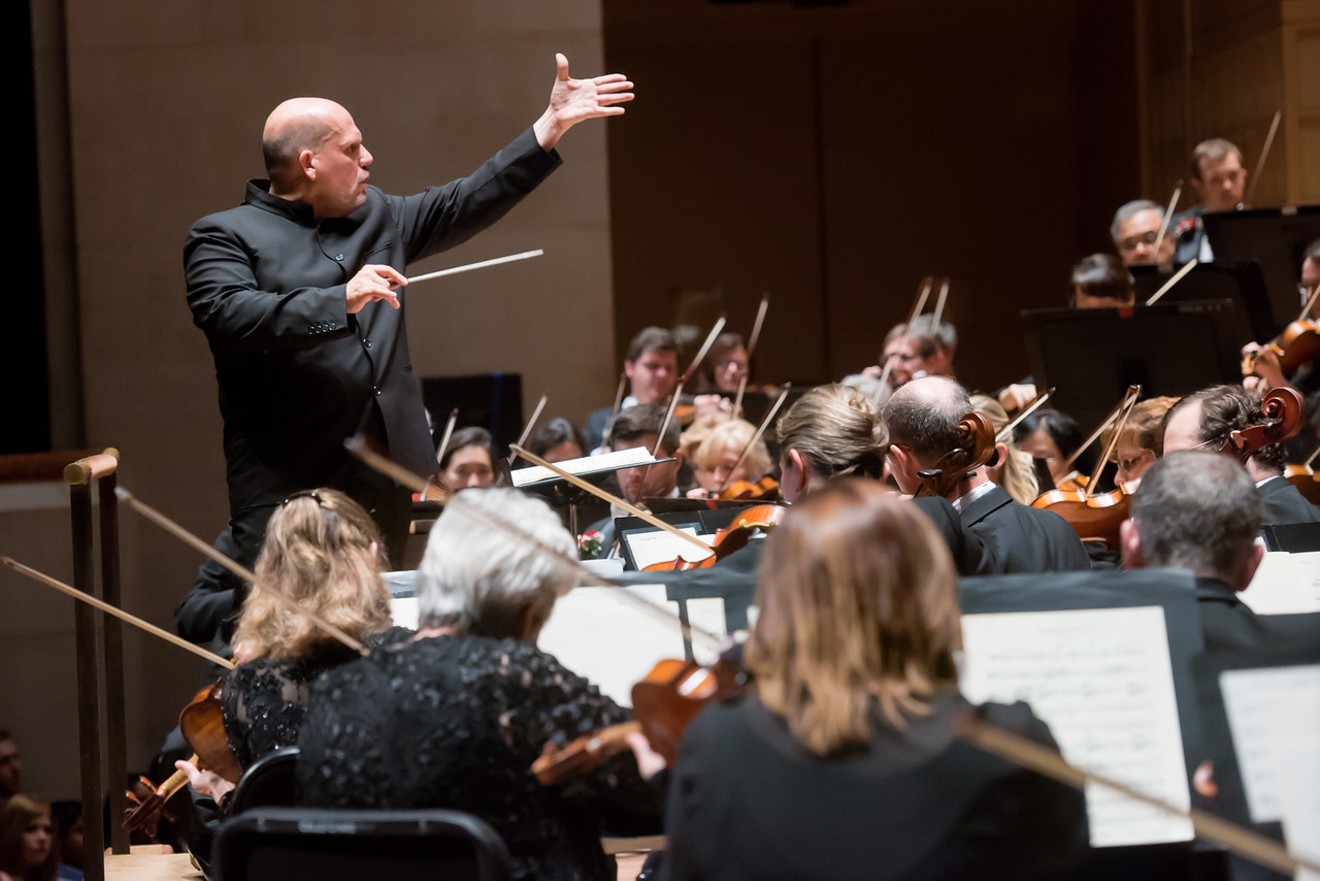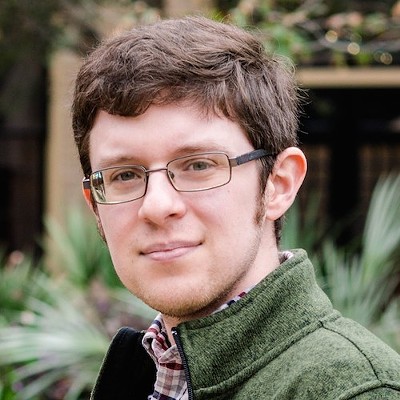Van Zweden will be leading a series of concerts dedicated to his favorite composers: Ludwig van Beethoven, Anton Bruckner (whose complete symphonies Van Zweden recorded in the Netherlands), Gustav Mahler and Richard Wagner. The four share Germanic roots, a taste for huge orchestras and a knack for equally huge emotional cataclysms. A complete Wagner opera, Die Walküre, will be presented on May 18 and 20, 2018, with a glittering mega-star cast of singers; here’s your chance to experience the three hours from which “Ride of the Valkyries” came. Guest Matthias Goerne is sometimes praised as the best baritone singer on earth.
Mahler’s Second and Fifth Symphonies are on tap, the Fifth in the season debut on Sept. 14 and 17. The Second Symphony (Feb. 23-25, 2018) is a hugely powerful experience with added choir; I know a few people who have admitted to crying during the finale. (I listened for consolation on Nov. 9, 2016.) The “Resurrection” subtitle is poetic, not religious, since Mahler was Jewish.
Anton Bruckner, like Mahler, wrote hour-plus-long symphonies and filled them with booming brass parts, but unlike Mahler, he was a shy, awkward man who perpetually rewrote his works and endured chronic rejection. The Eighth Symphony has dark, dense, thorny beginning and ending movements bookending a half-hour adagio that ranks among the most beautiful things ever written. That portion alone has more darkness-to-light drama and power than a whole year of “based on a true story” Oscar nominees.
Looking for a reprieve from the onslaught of German profundity? French pianist Jean-Yves Thibaudet is coming Oct. 19-22 to play Ravel’s left-hand-only (no cheating!) piano concerto in an all-French program from the energetic young conductor Pablo Heras-Casado. Bernadette Peters joins the orchestra for a pops weekend in April. A week later, Haydn specialist Nicolas McGegan will bring his expertise to that composer’s light-hearted Symphony No. 83, nicknamed “The Hen” after a tune which listeners more imaginative than I think sounds like clucking. It doesn’t, but it’s good fun.

Is young American conductor James Gaffigan being considered for Van Zweden's replacement?
courtesy DSO
A few programs hint at possible replacements for van Zweden. James Gaffigan, a young American conductor who often dabbles in the avant-garde, will return; unfortunately, in traditional repertoire he often demonstrates low engagement and a poor sense of rhythm. Heras-Casado is a thrilling possibility who has energized audiences in Europe. Czech youngster Jakub Hrusa, whose multiple appearances in past seasons suggest a possible hire, will not return in 2017-18, having just taken a new job in Germany. But the decision-making process may stretch on for several years.
Finally, there’s an admirable slate of new music premieres: Scottish composer James MacMillan’s trombone concerto, never before performed in the United States; Samy Moussa’s A Globe Itself Infolding for organ and orchestra, written in 2014 and now arriving in Texas; and the Dallas premiere of a Philip Glass double piano concerto (paired with the Bruckner described above). The only true world premiere this year is a big one: a violin concerto from Jonathan Leshnoff, a 43-year-old whose music is often achingly romantic without being cheesy or pandering.
Leshnoff has been uncommonly candid about his style and inspiration in interviews. In 2013 he told Fanfare magazine, “I have to write after my heart,” explaining, “I believe that there is creativity and newness in reinvigorating the age-old beloved techniques.” Although a recent symphony ends with a prankish two minutes of total silence, his cello concerto promises gimmick-free engagement with heart and head.
DSO concertmaster Alexander Kerr gets to debut the new Leshnoff violin concerto in the last program of the year, which is also Jaap van Zweden’s farewell concert, May 24-26, 2018. Van Zweden will also conduct the traditional, inevitable farewell concert piece: Beethoven’s Ninth. Baritone Goerne will be back to help sing, too. A cliché season finale? Well, yes. Will we be there? Well, yes.
To learn more about the Dallas Symphony Orchestra and to purchase tickets, visit mydso.com.












